Democratic Republic Of Congo
Weeks after signing a peace deal with Rwanda, the Democratic Republic of the Congo has reached an accord with M23 rebels operating in the country's North Kivu region. But long-time observers of the DRC's attempts to restore peace within its borders aren't ready to celebrate.
Following an initial peace deal with Rwanda last month, the DRC signed a ceasefire agreement with M23 rebels on Saturday in Qatar.
In this Statement of Intent, the parties agree to protect civilians and respect Congolese sovereignty. But on the ground in Goma, provincial capital of North Kivu and under the control of Kigali-backed insurgents, observers are sceptical.
For Congolese journalist and pan-African civil rights activist Maude-Salomé Ekila, this latest agreement is reminiscent of many others that raised hopes when they were signed but were trampled underfoot on the altar of the interests of each stakeholder:
"What's dramatic is that we've been systematically reproducing the same patterns for all these years. There's a system of international predation organized to exploit Congolese resources. And we forget that this is the heart of the matter. And every possible tool is being used so that this predation and this plan, which has been going on for decades now, can achieve certain objectives."
Like many local observers, Ekila is frustrated by an agreement that demonstrates the inability of the Congolese government to ensure the integrity of its territory.
"You see, we're once again in a position of great weakness, because we've had a defense apparatus that's been corrupted in every sense and that hasn't allowed us to face up to the hyper-sophisticated army we had in front of us, an army completely supported by the Rwandan army in reality, which supports the M23, which supports the AFC politico-military platform," Ekila told Africanews.
"And so we found ourselves in a weak position to negotiate. What did we negotiate? That's the question: are we going to be able to meet the deadline set in this communiqué?"
The problem, Ekila says, is justice:
"From the moment when the protagonists know that they can do it again, that in any case, there will be agreements that will not be kept and that will reproduce other militias, because there has been no justice, because justice has been bartered on the altar of so-called peace, just as justice is bartered on the altar of pseudo-democracy every time, we find ourselves in a situation where the facts are repeated. It's cyclical and, as a result, a system of predation quietly goes on its way."
The Statement of Intent will come into force immediately upon signing and must be implemented by 29 July. It provides for the opening of direct negotiations for a comprehensive peace agreement by 8 August. These discussions will be based on the agreement signed last month in Washington between the DRC and Rwanda.
The aim is to conclude and sign this comprehensive peace agreement by 18 August. Experts, however, doubt that the timetable will be met.




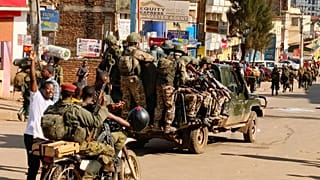
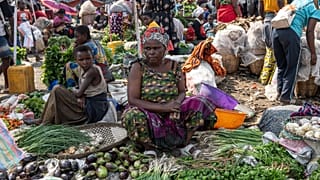
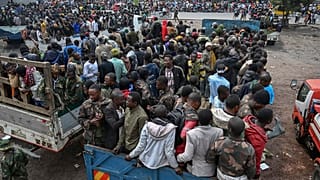
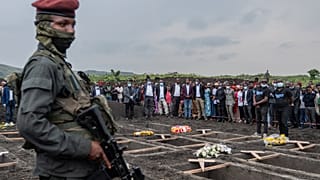
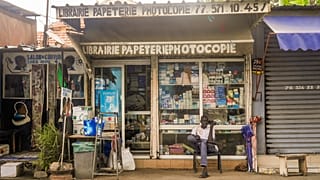
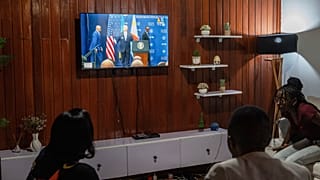
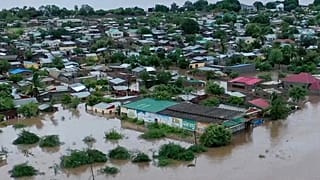
Go to video
DRC: Kinshasa and UN launch humanitarian response plan
Go to video
Goma one year on: Entrepreneurs rebuild after M23 takeover
02:19
DRC: Artists call for peace at Tumaini festival
00:01
Uncertainty in Uvira as M23 rebels again announce withdrawal from eastern DRC city
01:10
Rwanda nominates former top diplomat for third term as Francophonie head